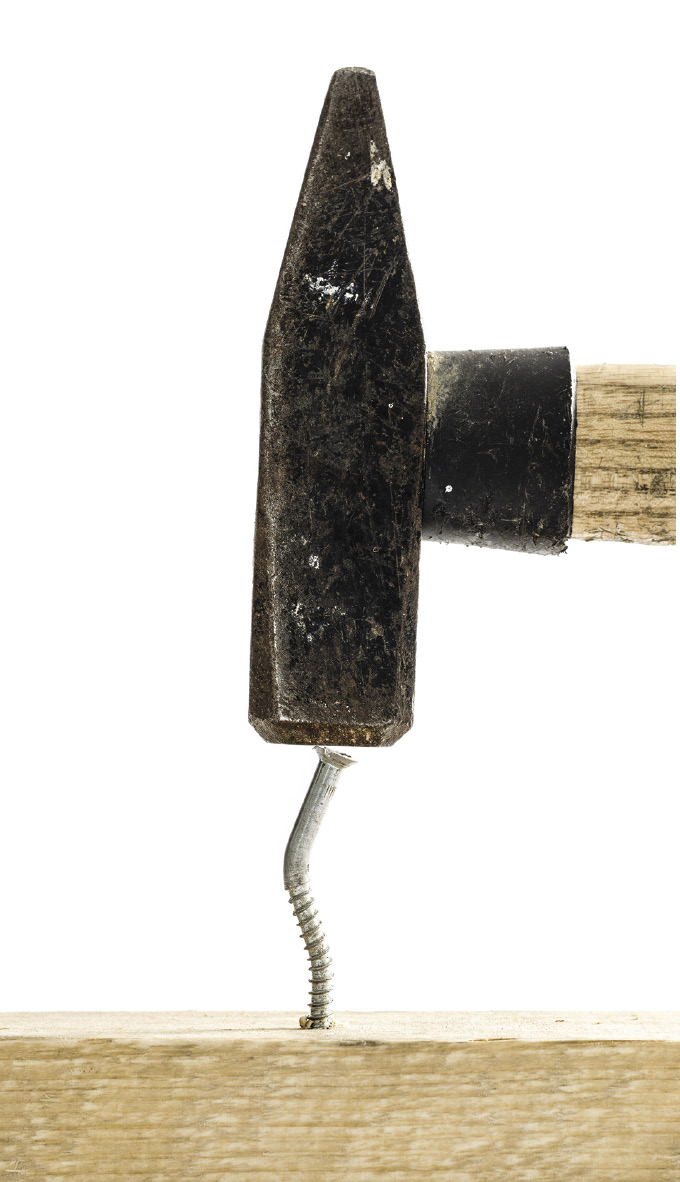
Elis Gomer discusses the rise of the DIY will: more trouble than it’s worth?
Homemade wills are becoming increasingly popular, bringing a number of problems as well as benefits when compared to the traditional will.
Homemade wills are nothing new. For as long as there have been professional will-drafters, there have been testators willing to eschew their services in favour of drafting their own.
The Probate Registry has seen all sorts of curiosities over the years which are nonetheless valid wills, including at least one which was written on the outside of an egg. Do-it-yourself will packs have been available from various high street sources for years, and with the rise of the internet the number of people who decide to draft their own wills has never been higher.
In many respects, there is nothing wrong with this. Deciding who should benefit from an estate is an important step that too many people don’t take. Recent statistics suggest that roughly 60% of the adult population do not have a









